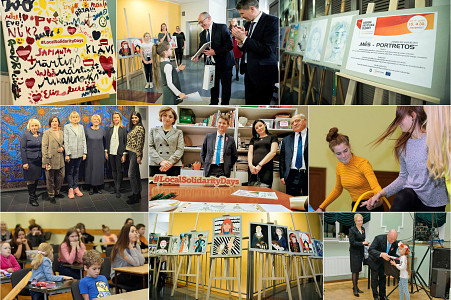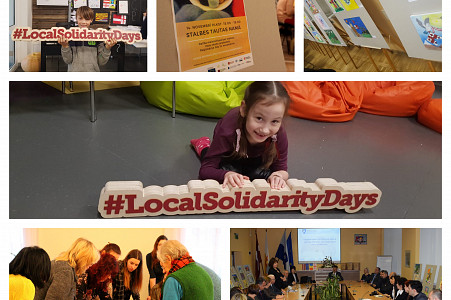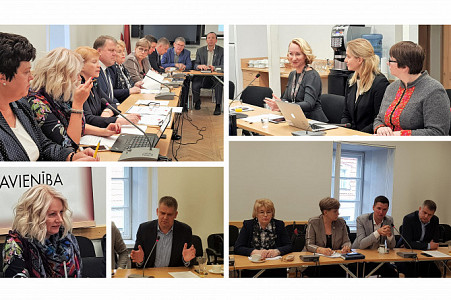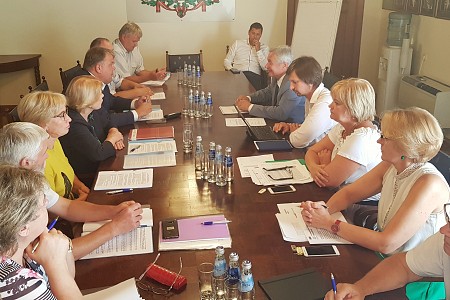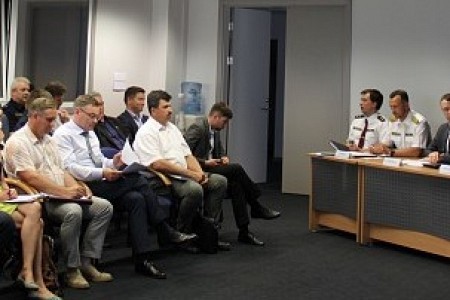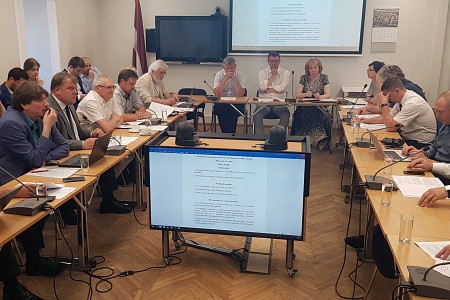On 2 March in Kuldīga (Latvia) the Latvian Association of Local and Regional Governments in cooperation with Kuldīga municipal council and NGO „Zaļā brīvība” has organized discussion “Development education: how to fund and implement”. The central topic of the discussion was the importance of education and further education of teachers in facilitating sustainable changes in our society, thus achieving UN Sustainable Development Goals and welfare of our society.
Discussion was opened by Mayor of Kuldīga municipal council, Mrs Inga Bērziņa, who has informed the audience on the educational projects being implemented and planned in Kuldīga municipality. Whereas Mrs Mudīte Priede, Secretary General of the LALRG, has introduced with the possibilities of municipalities to get involved in development education activities either through involvement in projects implemented by the LALRG, or by applying for the projects managed by the Ministry of Foreign Affairs of the Republic of Latvia.
The audience had the opportunity to get to know about the experience of Kuldīga Center Secondary School introduced by teacher of social sciences Mrs Antra Spuļģe. The school was involved in the project “Global dimension in social sciences subjects in formal education” co-financed by the European Commission. “The topic of global education provides to students important knowledge and skills. It is part of school curriculum and offers opportunities for local, national and global level cooperation. Society is gradually involving as well, trying to change and reconsider the opinion towards global events and society’s capability to influence them,” revealed Mrs Spuļģe.
Likewise, the participants of discussion had an opportunity to listen to Mrs Kozel Fraser, representative of „Windward Islands Farmers Association”, who shared with her experience on global education methods, activities and practice. „If we act as a united society, we will be able to achieve UN Sustainable Development Goals and implement 150 targets,” stressed Mrs Fraser.
The seminar took place in the framework of the project “Working together towards empowering local and regional governments for effective development outcomes in EU partner countries” implemented by the LALRG and co-financed by the European Commission.


